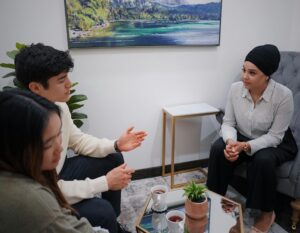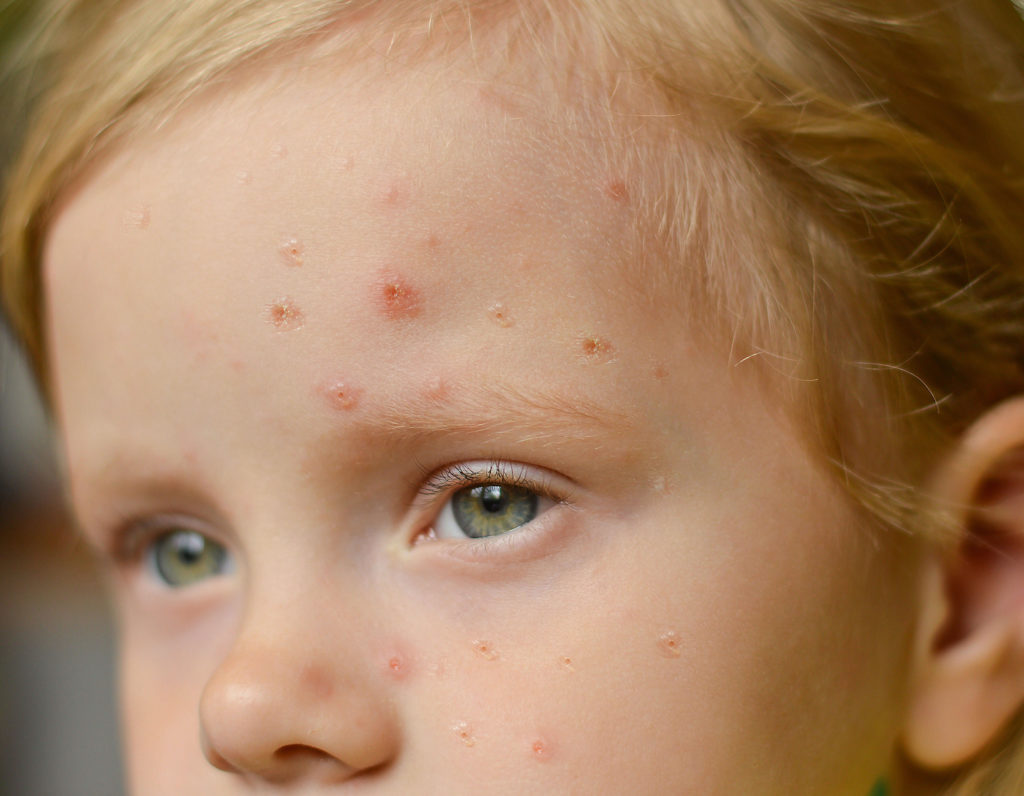
Monkeypox has been declared a global health emergency and is now spreading to kids. How worried should we be? What is the monkeypox situation in Singapore and what are the symptoms to watch for?
Monkeypox is actually a rare disease, and it is caused by an infection with the monkeypox virus which is most commonly found in west or central Africa. Since May 2022 there has been an increase in cases globally, and although the World Health Organisation (WHO) has now called the monkeypox outbreak a global health emergency, it’s worth remembering that the overall risk to the public remains low.
Is monkeypox similar to smallpox?
Both diseases do cause similar symptoms, but monkeypox is less severe to smallpox, which was eradicated back in 1980.
What are the symptoms of monkeypox?
Anyone who does contract monkeypox can take 5 to 21 days to present with the first symptoms. The first stage can last 1 to 3 days and monkeypox symptoms include:
- High temperature
- Headache
- Muscle aches
- Swollen glands
- Exhaustion
- Joint pains
The next stage is a rash, similar to chickenpox – small fluid-filled blisters that usually appear 1 to 5 days after the first symptoms. It can start on the face and spread to other parts of the body, including the mouth, genitals, and anus. These blisters can eventually scab and fall off and all symptoms usually clear up after 2 to 4 weeks. It is important to know that whilst you have symptoms, you can pass monkeypox on to others.
How can you distinguish monkeypox rash from hand, foot and mouth or chickenpox or other common rashes?
Though the monkeypox rash may appear similar to chickenpox for example, the former rash tends to start in the genital/anal areas or the mouth. In chickenpox, the rash comes up in different areas of the body at different times and is mostly on the abdomen, chest, and back. In hand-foot-mouth disease, the rash is usually on the palms of the hands and soles of the feet as well as inside the mouth. If you are in doubt about a child’s rash, please speak to your family doctor early, especially if there has been any close contact with someone with monkeypox or travel to high-risk areas.
How do you get monkeypox?
Infection of monkeypox is mainly through:
- close physical contact with monkeypox blisters or scabs on the skin.
- touching clothing, bedding, or towels used by someone with monkeypox.
- coughing or sneezing by a person with monkeypox when you are close to them.
- infected rodents (rats, mice, squirrels) in west and central Africa have also been known to be a source of infection – either by being bitten, by touching the fur/skin/blood/bodily fluids, or by eating its meat when not fully cooked.
At this time, the monkeypox virus is mostly spread among men who have sex with men, and the risk increases in those who have reported having new or multiple sexual partners.
Monkeypox can spread to kids – how worried should we be?
You shouldn’t worry! The risk of monkeypox in children is very low. Though it does spread by close contact, it does not appear to do this as efficiently as chickenpox, Covid-19, or even the flu. The USA has so far only reported two children with monkeypox (out of 7500+ cases), and this has been through direct close contact rather than respiratory droplets. Children under 8 years are at higher risk of complications, so if there is any risk, please do speak to your family doctor early for advice.
Is monkeypox a concern for pregnant women?
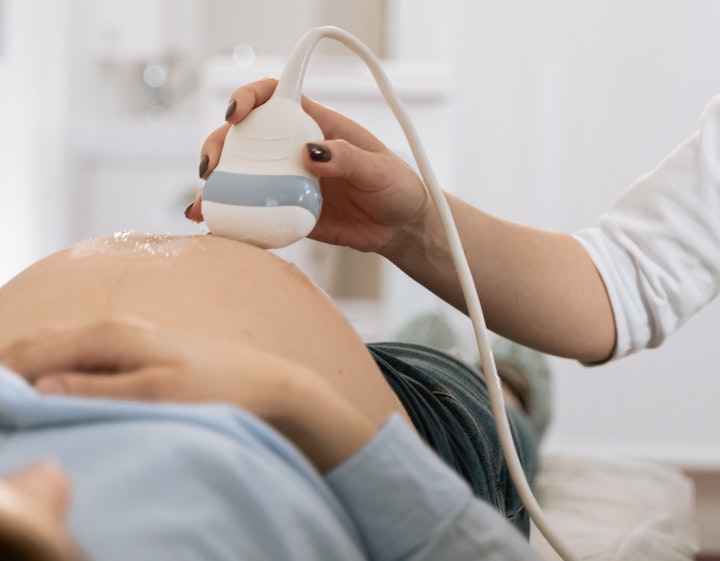
The WHO reports that transmission from mother to foetus can occur through the placenta or by close contact during and after birth. There is an increased risk to the mother as well as a risk of foetal death, preterm birth, and spontaneous miscarriage so it is important that such pregnancies are managed by specialists.
Monkeypox in Singapore – what is the latest information?
As of August 5, 2022, there have been 15 confirmed cases of monkeypox in Singapore either contracted abroad or locally linked. All cases are in adult men ranging from the age of 26 to 59 years. These numbers are very low compared to the USA (7500+) and UK (2750+) for example. For the latest government guidance, you can access Singapore’s Ministry of Health’s (MOH) FAQ page on monkeypox here.
How do you test for monkeypox?
Monkeypox is diagnosed by taking a swab from the rash (blister or ulcer) and sending it to the lab for testing.
What is the treatment for monkeypox?
There are currently no specific treatments for monkeypox. It is typically self-limiting, and symptoms can resolve spontaneously in 2 to 4 weeks. Much like dengue fever, the key to recovery is managing the symptoms early. A recent study in the New England Journal of Medicine (NEJM) reported up to 13% of patients with monkeypox were hospitalised, but this was mainly for pain control, infection management, and dehydration. No deaths were reported.
There is an antiviral agent known as tecovirimat that was developed for smallpox and licensed by the European Medicines Agency (EMA) for monkeypox in 2022 but it is not widely available and only used in clinical research settings.
Is there a vaccine for monkeypox?
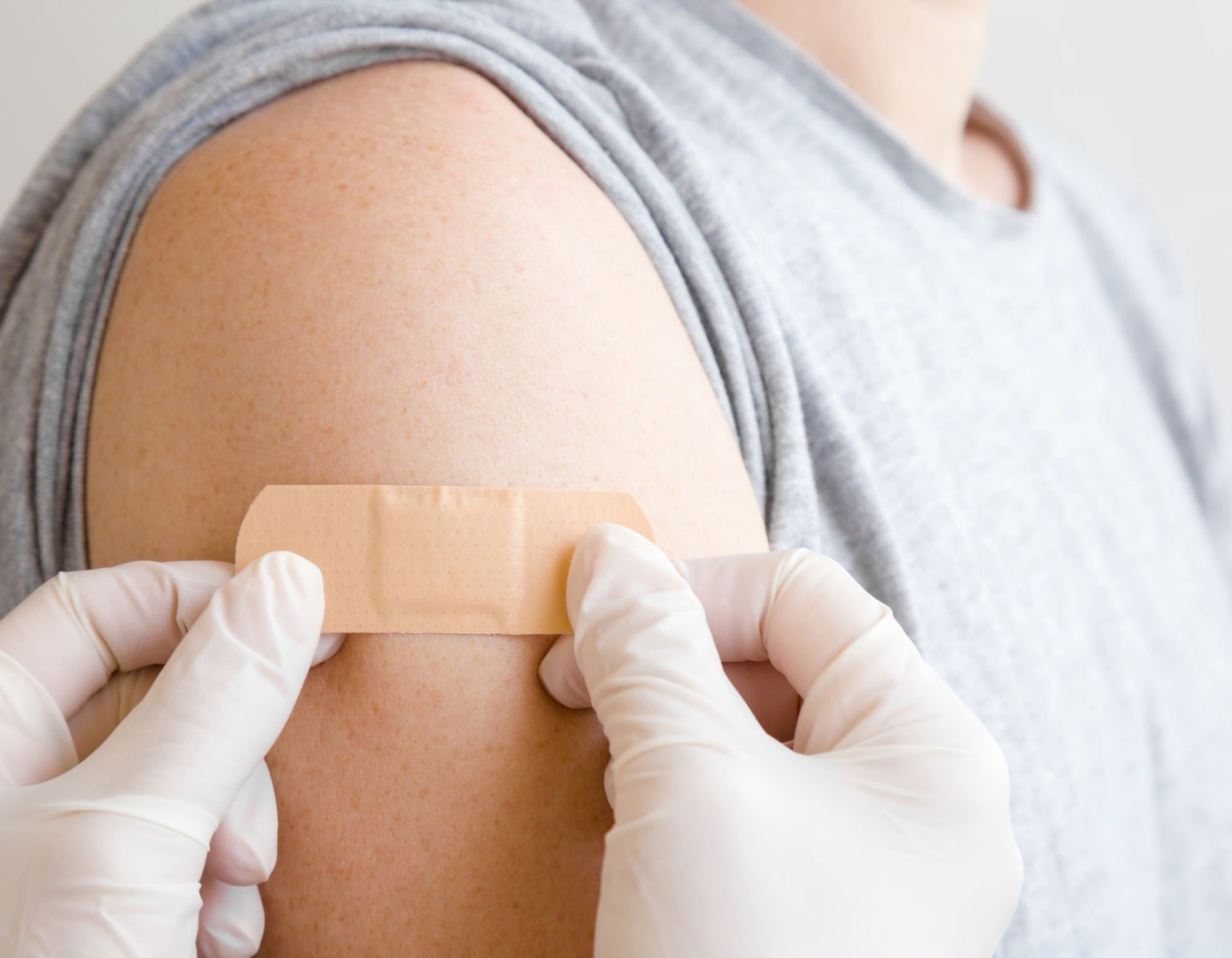
No, there is no specific vaccine for monkeypox yet. However, a smallpox (Modified Vaccine Ankara – MVA) vaccine is being offered to people globally who are most at risk currently to help protect them against monkeypox (85% effective). In Singapore, this is only available to people who have already had close contact with someone with monkeypox.
Monkeypox can also be more severe in pregnancy so if you are pregnant or planning pregnancy, please do speak to your family doctor. The virus in the vaccine is not known to grow and multiply in the human body, so cannot spread to the unborn child, and is also considered safe in breastfeeding.
What steps can be taken to avoid getting monkeypox?
To reduce your risk of contracting monkeypox,
- avoiding close contact with anyone infected with monkeypox is the best way to reduce its spread.
- maintain a high standard of personal hygiene including frequent hand washing.
- avoid unprotected contact with wild animals and all foods containing animal meats or parts must be thoroughly cooked before eating.
- and for anyone returning from abroad, especially from areas affected by monkeypox, please speak to your family doctor early if you have any symptoms within three weeks of returning.
What do you do if you have been a recent contact or have monkeypox symptoms?
If you or your child has a rash with blisters and have been in close contact with someone who has or might have monkeypox in the past 3 weeks or travelled to west or central Africa in the past 3 weeks, you should stay at home and avoid close contact with anyone, including sharing towels or bedding, until you receive medical advice. Home quarantine for 21 days is default in Singapore for anyone with exposure to monkeypox as the incubation period for the virus is 5 to 21 days.






 View All
View All


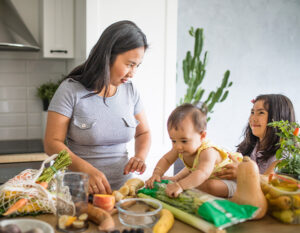

 View All
View All
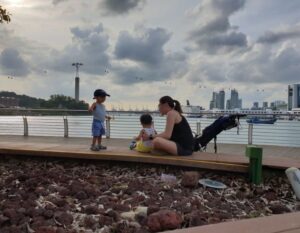
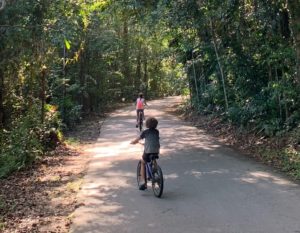


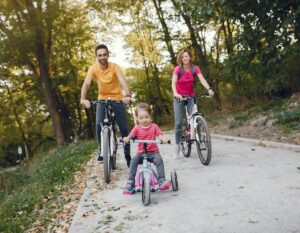






 View All
View All



